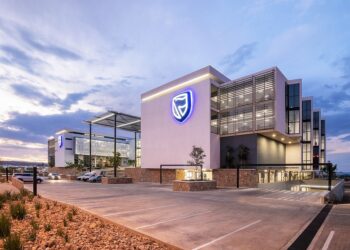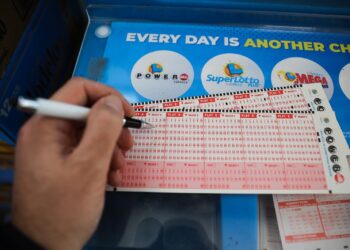
The Erongo Desalination Plant has supplied more than 123 million cubic metres of potable water to the Erongo Region since it began operations in June 2010, operator Orano has announced.
Originally constructed to supply water to Orano’s Trekkopje uranium mine, the plant now serves several municipalities and mining operations across the region.
It is located about 35 kilometres north of Swakopmund, near Wlotzkasbaken, and is recognised as the largest reverse osmosis seawater desalination facility in southern Africa.
“The Erongo Desalination Plant has supplied more than 123 million cubic metres of potable water to the region since 2010. This achievement reflects our commitment to providing a safe, reliable water source while maintaining a strong safety record with no lost time injuries,†Orano said.
According to the French company, the plant operates continuously throughout the year, processing over 50,000 cubic metres of seawater per day.
Orano said its current annual production capacity is 22.5 million cubic metres, with plans underway to increase this to 25 million cubic metres. The company added that further expansion to 45 million cubic metres per year is possible if demand increases.
Water from the plant, according to Orano, is pumped to a NamWater pipeline located four kilometres away, from where it is transported to the Swakopmund base reservoir and distributed to regional municipalities and mining sites.
The desalination process involves multi-stage filtration and reverse osmosis, using high-pressure pumps and energy recovery systems to improve efficiency. Orano said the plant’s on-site laboratory continuously monitors water quality to ensure it meets both NamWater and World Health Organization standards.
Orano also emphasised the plant’s strong safety record, noting that no lost time injuries have been recorded since operations began. “The plant’s safety record is a source of pride. Since it began operating, not a single lost time injury has been recorded, underscoring our dedication to maintaining safe working conditions throughout all phases of operation,†the company said.











